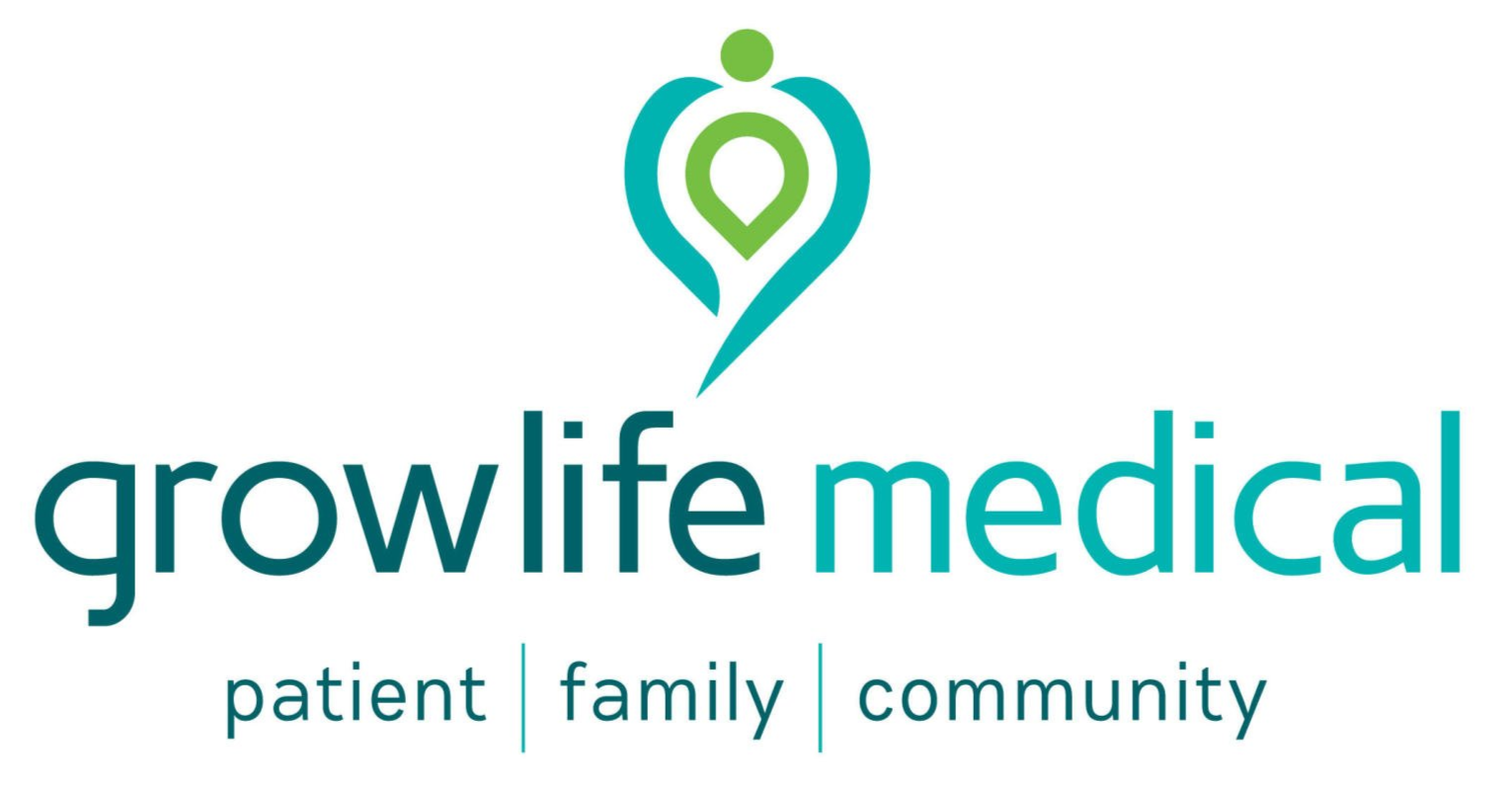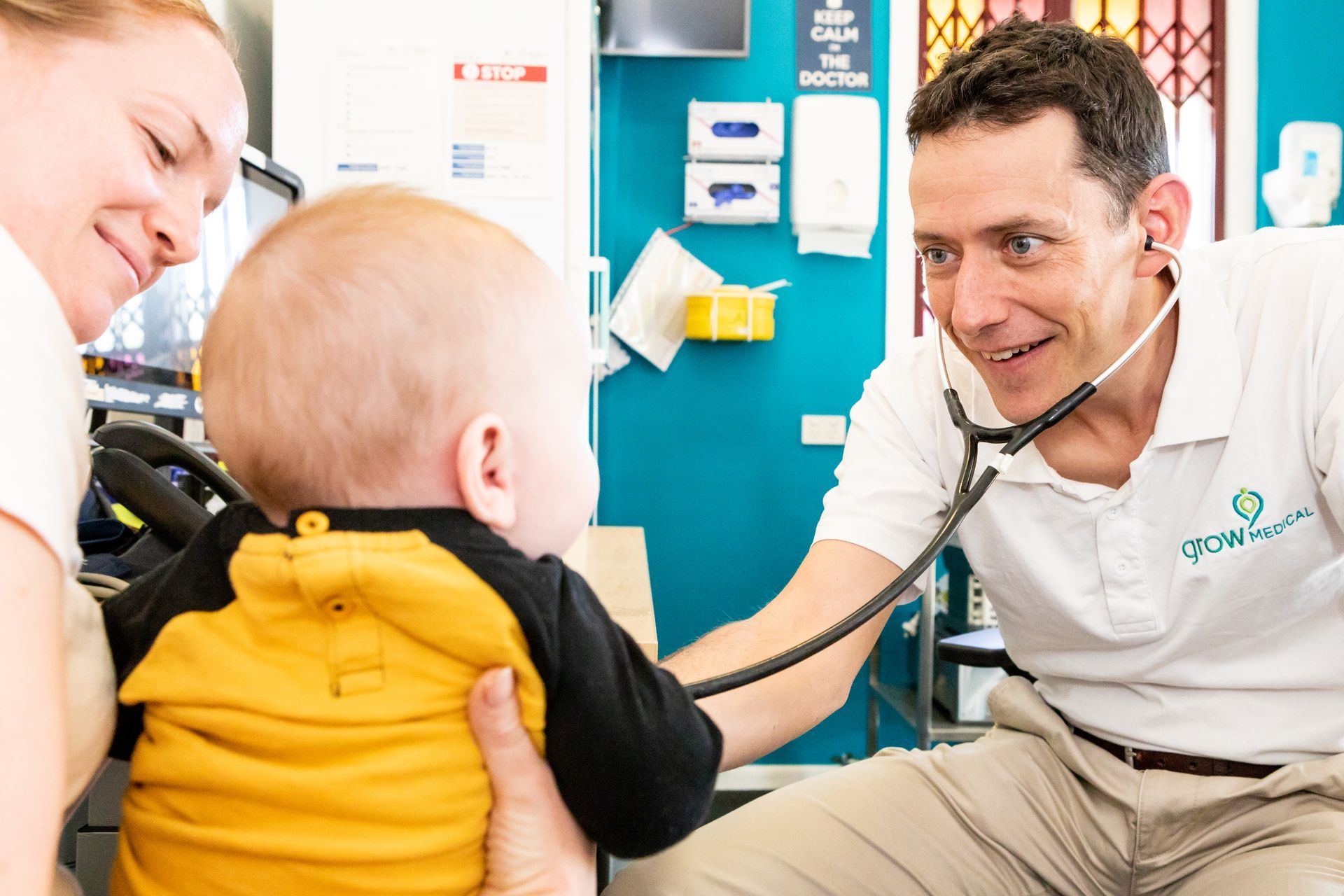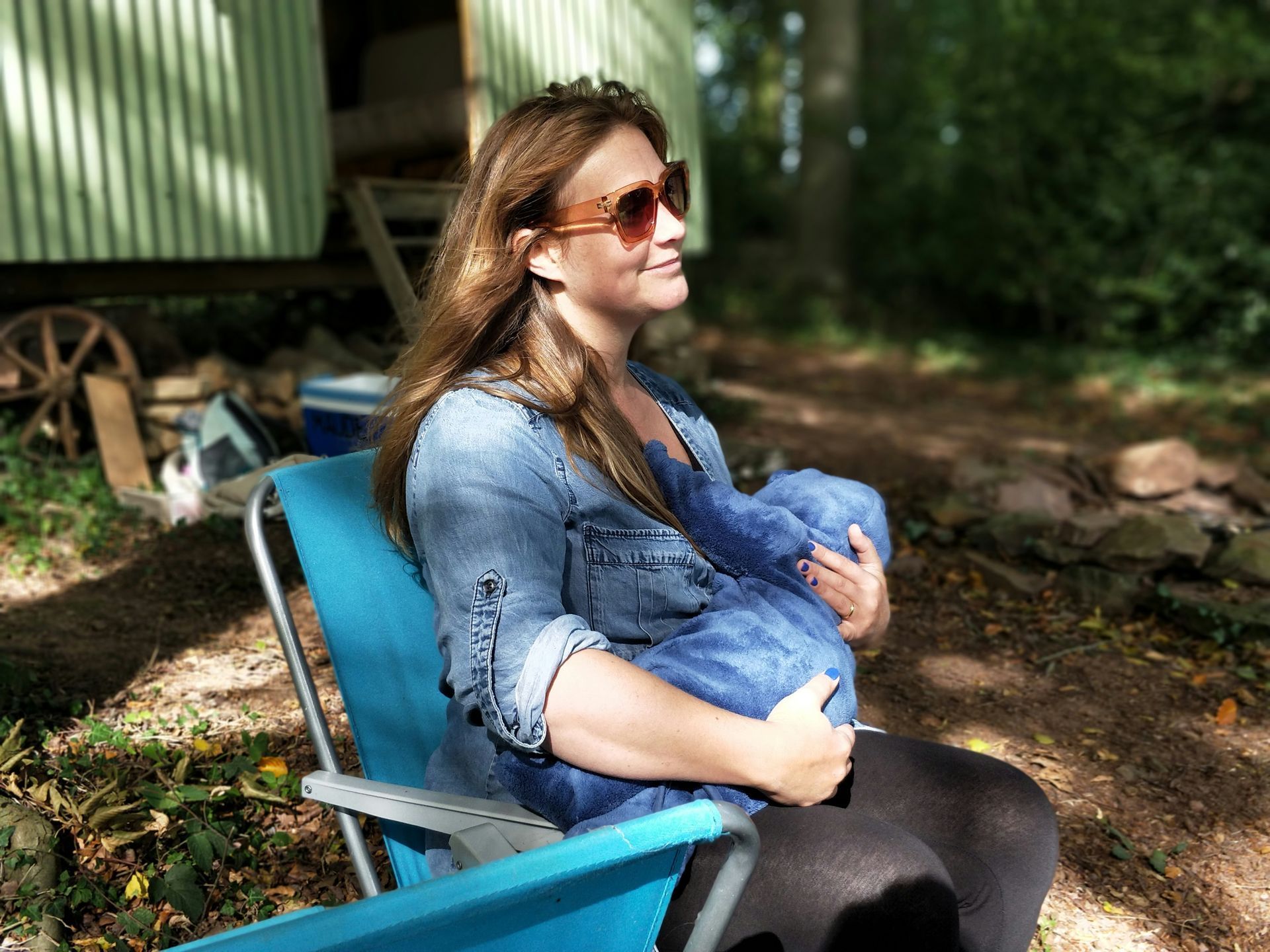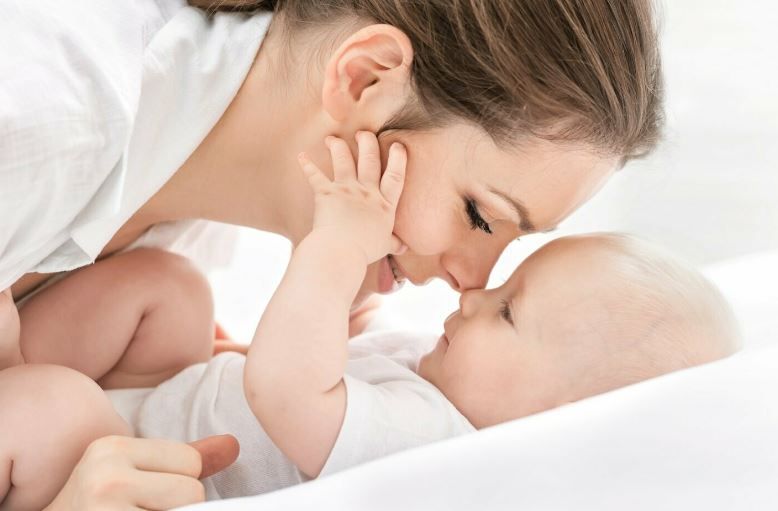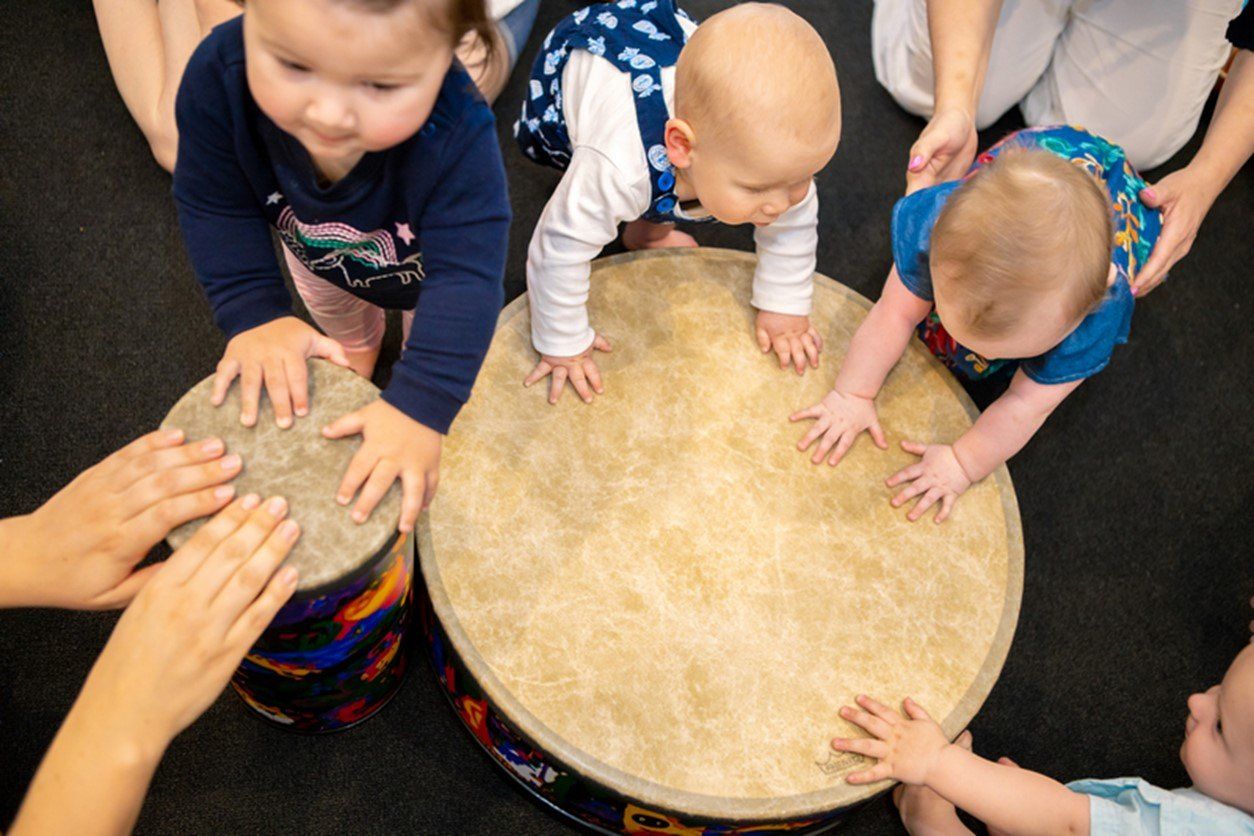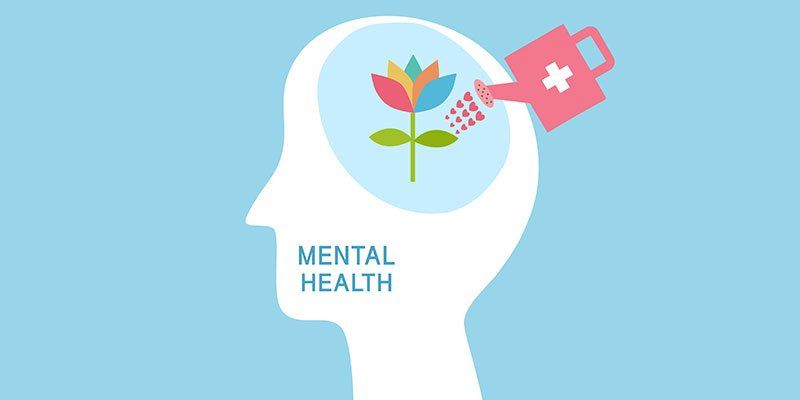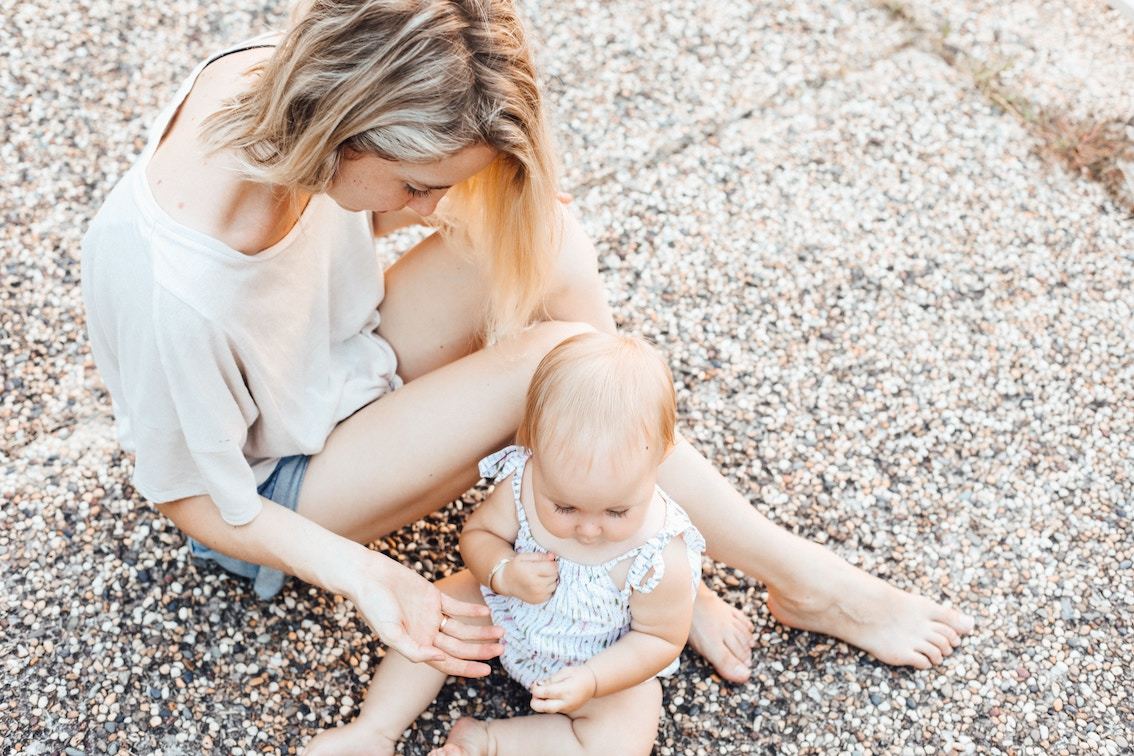Emotional Regulation in Children
Emotional regulation in Children is not always an innate skill; this can be seen most clearly in toddlers. Toddlers struggle to control their emotions. Consequently, their emotions can swing from one extreme to the other. Helping our children to learn emotional regulation is one of the most important skills we can impart.
In this article, Grow Medical
looks at the issue of emotional regulation in children. Emotions and kids can be a challenging topic, so we discuss symptoms of emotional regulation problems, and emotional regulation skills for kids.
Emotions and Kids
Emotional regulation is the ability to manage your emotions and behaviours depending upon the situation. This includes the ability to manage your emotions in response to upsetting and challenging stimuli, allowing you to calm yourself down and handle the situation without emotional outbursts. Emotions and kids, and developing this skill, is a crucial developmental process as a child grows older, helping them to interact with other people in a constructive manner. Getting this right can help improve your relationship with your child, as well as help your child to grow a favourable personality, allowing them to create new friends in the future. Humans are social creatures, and helping your child to navigate social relationships is one of the most enduring challenges of parenthood.
Emotional regulation will also help your child focus their behaviour onto achieving a goal, allowing them to overcome the unpredictable nature of life and not be hampered by life's complications. This can allow their academic performance to increase and improve their problem-solving capacity.
Emotional Regulation Symptoms
Sometimes it can be difficult to spot the emotional regulation symptoms that a child has, as emotional regulation can manifest in several different ways. For instance, some children may have an immediate reaction without any build up when faced with something unfamiliar, or asked to change from one activity to another. Conversely, some children may bottle up their emotions over time, then release it in an unexpected emotional explosion.
It is important to remember that most of these experiences are entirely normal! Observe an experienced grandparent in the corner when one of these outbursts occurs, and you will see a wry smile, and a quiet comment about it being "just a phase". We have all experienced the toddler wanting a toy at the supermarket falling to the floor and screaming when hearing the word "No". This is a perfect example of the normal process of a young child struggling to regulate their strong emotions.
If you believe that your child is frequently overreacting to situations, especially if it is affecting your family's dynamic, they may benefit from some emotional regulation help. This is usually best achieved by teaching parents ways they can help their child, as teaching is much more effective when delivered every day, rather than just in short sessions.
Emotional Regulation Skills for Kids
The goal when working with children who are struggling with their emotional regulation is to help them learn to connect their logical, decision-making brain with their emotional, volatile brain so they can keep control of those strong emotions. A great way to think about how to achieve this is the concept of the parent-coach. Our role as parents is not to solve every problem for our children, but to be there to help them face challenges they see at that time as insurmountable, and be their coach to teach the skills they need, and invoke the confidence they need to be brave. The Circle of Security parenting course
captures this perfectly by noting that parents need to be "bigger, stronger, wiser and kind". Where we remain calm and confident in the face of adversity, our children feel and are inspired by that, and can learn from that experience.
As parents, we can help our children understand that an impulsive, emotional response is not an effective way to respond to a difficult situation. We can do this both by modelling and by teaching. The aim of teaching emotional regulation skills for kids is to show them how to notice their emotions earlier, take their time to calm a little, and assess the situation. Of course this process needs to be tailored to the age and developmental stage of the child. For younger children and toddlers, a parent's role at supporting this process by providing a secure environment for experimenting is much more important. For older children, helping them to learn skills and techniques becomes increasingly relevant.
It is important to tackle any issues that your child may be having head on, rather than avoiding them. The goal should be to coach your child through the difficult situation, giving them some support through the challenge. In therapy circles, this technique is known as scaffolding and allows your child to gain some experience and practice before they handle difficult experiences on their own.
The purpose of scaffolding, then, is to isolate a situation in which negative emotions are present and support the child through the scenario, rewarding better behaviour and attitudes. For instance, if your child is experiencing negative emotions while completing homework, they could learn new behaviours that can help complete the work rather than emotional outbursts. For example, your child may get up and have a snack or a drink if feeling frustrated, or allow themselves periodic breaks. Checking in with your child and rewarding them for their efforts will help them build confidence and persistence.
It is important to remember that practice is key and it may take time before they start showing any improvement. It may require starting small and slowly building from this foundation.
These can be challenging skills to learn and to teach. As parents most of us spent a long time studying our career, but being a parent just happened! At Grow Medical, we believe it is worthwhile for all parents to do a course in parenting, which is why we sponsor the facilitated Circle of Security parenting program at the practice on a regular basis. We recommend that all parents do the Circle of Security Program in the early years, and this program is also a great first step if you're having difficulties. If you find yourself frustrated and struggling to deal with your child's emotional outbursts, be sure to seek some one-on-one professional help as well. Our General Practitioners
all understand how important this issue is for your family's wellbeing. Booking and appointment with your GP
is the first step. Your GP can help assess what is happening, provide support, assist with diagnosis (if any), and help with obtaining Medicare funding for a Mental Health Care Plan if applicable.
Emotional Regulation Consultation
Book an appointment with our paediatricians , Bernadette Sharry , Matthew Simmond or Sharon Dawe who focus on the support and the development of young children and toddlers. They work across all age groups in providing emotional regulation consultation assessment, counselling and therapy services for children.
Book a consultation with Grow Medical today.
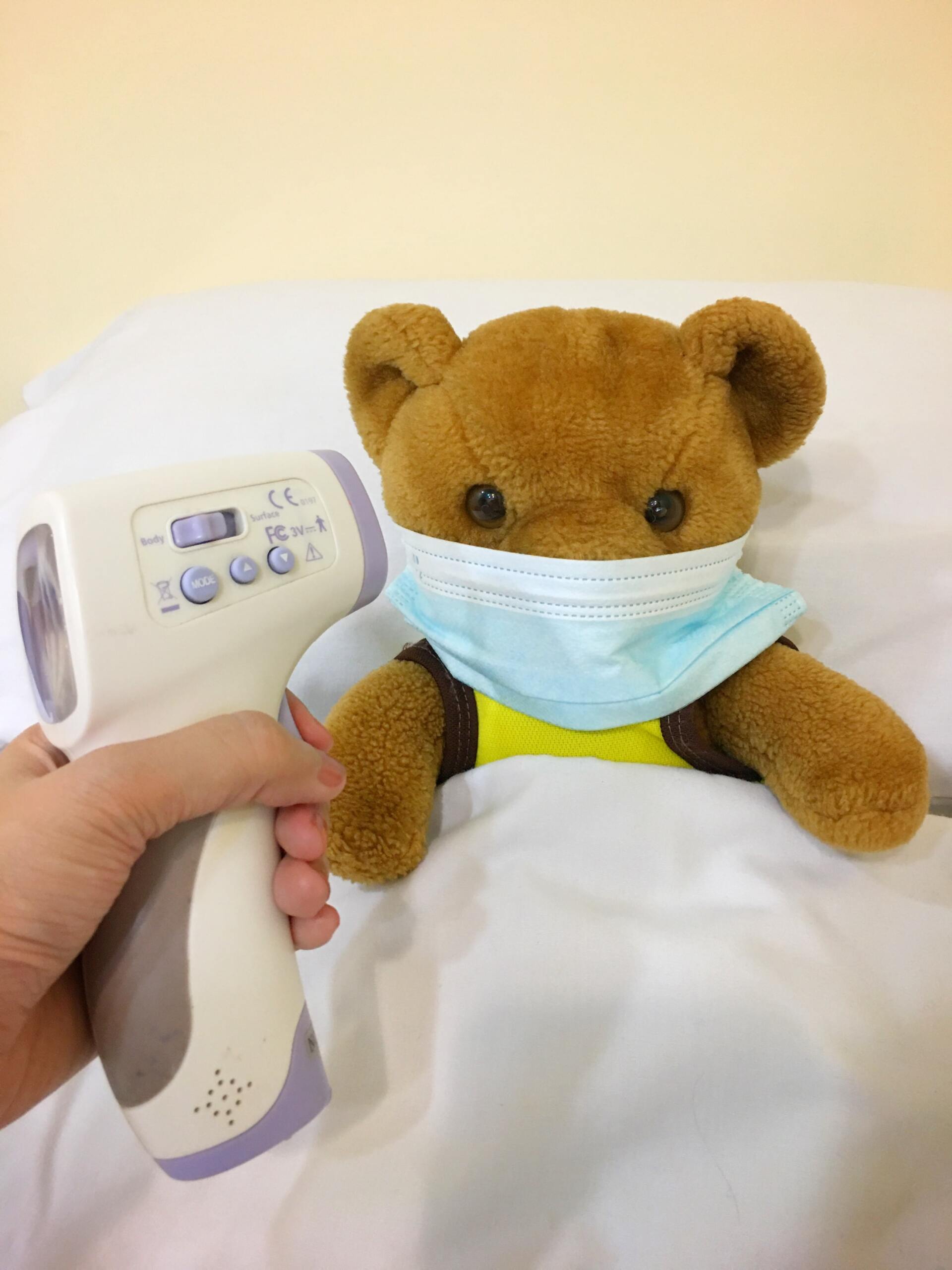
Right now, we are seeing a strange trend. Emergency Departments are overwhelmed with unprecedented high demand. But mostly for minor illnesses. At the same time, GPs are wondering where all the sick kids have gone? Our Emergency colleagues are really happy to help you where your child has an urgent problem or is seriously unwell. But they are struggling to keep up due to the numbers of people presenting with coughs and colds. Dr Emma Scriven discusses her experience as a parent, and how you can have more convenient, safe care, in a setting where you're not surrounded by dozens of people with infectious illnesses. Things have changed a bit during COVID, but at Growlife Medical , we are still here for you.
